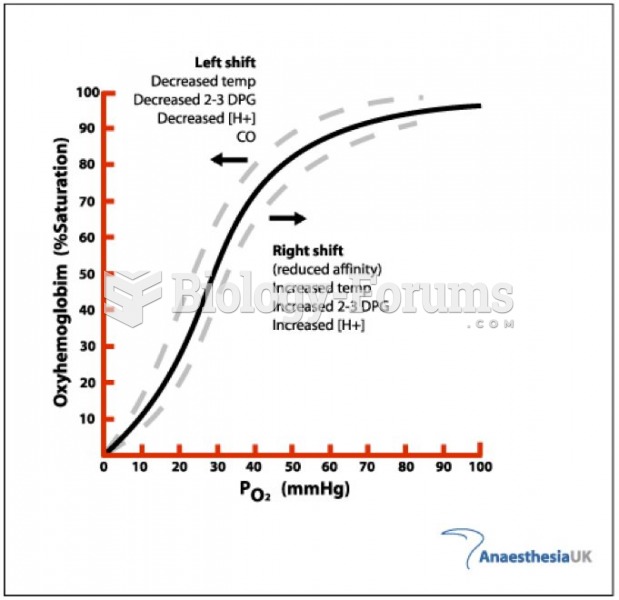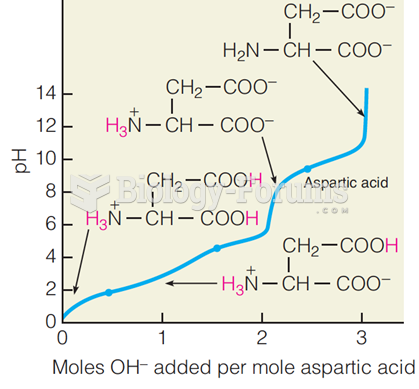|
|
|
Glaucoma is a leading cause of blindness. As of yet, there is no cure. Everyone is at risk, and there may be no warning signs. It is six to eight times more common in African Americans than in whites. The best and most effective way to detect glaucoma is to receive a dilated eye examination.
Between 1999 and 2012, American adults with high total cholesterol decreased from 18.3% to 12.9%
On average, someone in the United States has a stroke about every 40 seconds. This is about 795,000 people per year.
Bisphosphonates were first developed in the nineteenth century. They were first investigated for use in disorders of bone metabolism in the 1960s. They are now used clinically for the treatment of osteoporosis, Paget's disease, bone metastasis, multiple myeloma, and other conditions that feature bone fragility.
The first oral chemotherapy drug for colon cancer was approved by FDA in 2001.







